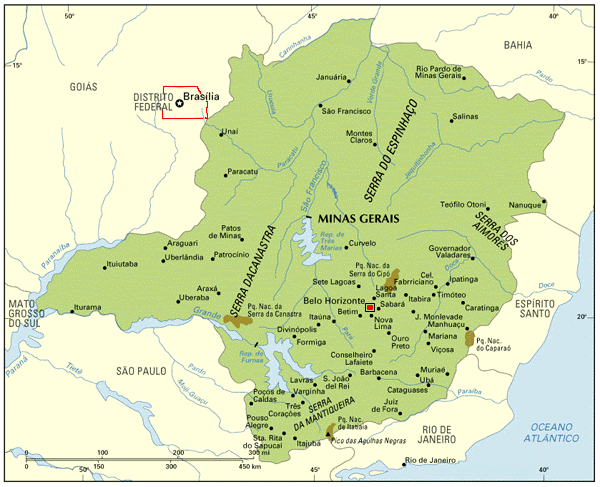Reflita sobre o padrão básico de nossa existência. A fim de fazer mais do que apenas sobreviver, precisamos de abrigo, comida, companheiros, amigos, a estima dos outros, recursos e assim por diante, essas coisas não surgem de nós mesmos, mas são todas dependentes dos outros. Suponha que uma única pessoa estava vivendo sozinha em um lugar remoto e desabitado. Não importa o quão forte, saudável, educada ou esta pessoa fosse, não haveria possibilidade de ela levar uma existência feliz e gratificante .... Tal pessoa pode ter amigos? Ser conhecida? Essa pessoa pode se tornar um herói, se ele ou ela deseja se tornar um? Acho que a resposta a todas estas perguntas é um não definitivo, porque todos esses fatores acontecem apenas em relação a outros seres humanos.
Quando você é jovem, saudável e forte, às vezes você pode obter a sensação de que é totalmente independente e não precisa de ninguém. Mas isso é uma ilusão. Mesmo naquela idade principal de sua vida, simplesmente porque você é um ser humano, você precisa de amigos, não é? Isto é especialmente verdade quando nos tornamos velhos e precisamos confiar mais e mais na ajuda dos outros: esta é a natureza de nossas vidas como seres humanos.
Pelo menos em um sentido, podemos dizer que as outras pessoas são realmente a principal fonte de todas as nossas experiências de alegria, felicidade e prosperidade, e não apenas em termos de nossas relações do dia-a-dia com as pessoas. Podemos ver que todas as experiências desejáveis que apreciamos ou aspiramos alcançar são dependentes da cooperação e interação com os outros. É um fato óbvio.
Da mesma forma, do ponto de vista de um praticante budista, muitos dos altos níveis de realização que você ganha e o progresso que você faz no seu caminho espiritual são dependentes da cooperação e da interação com os outros. Além disso, na fase da iluminação completa, as atividades de um buda de compaixão podem surgir espontaneamente, apenas em relação a outros seres, pois esses seres são os destinatários e beneficiários dessas atividades iluminadas.
o0o
Reflect on the basic pattern of our existence. In order to do more than just barely survive, we need shelter, food, companions, friends, the esteem of others, resources, and so on; these things do not come about from ourselves alone but are all dependent on others. Suppose one single person were to live alone in a remote and uninhabited place. No matter how strong, healthy, or educated this person were, there would be no possibility of his or her leading a happy and fulfilling existence.... Can such a person have friends? Acquire renown? Can this person become a hero if he or she wishes to become one? I think the answer to all these questions is a definite no, for all these factors come about only in relation to other fellow humans.
When you are young, healthy, and strong, you sometimes can get the feeling that you are totally independent and do not need anyone else. But this is an illusion. Even at that prime age of your life, simply because your are a human being, you need friends, don't you? This is especially true when we become old and need to rely more and more on the help of others: this is the nature of our lives as human beings.
In at least one sense, we can say that other people are really the principal source of all our experiences of joy, happiness, and prosperity, and not only in terms of our day-to-day dealings with people. We can see that all the desirable experiences that we cherish or aspire to attain are dependent upon cooperation and interaction with others. It is an obvious fact.
Similarly, from the point of view of a Buddhist practitioner, many of the high levels of realization that you gain and the progress that you make on your spiritual journey are dependent upon cooperation and interaction with others. Furthermore, at the stage of complete enlightenment, the compassionate activities of a buddha can come about spontaneously only in relation to other beings, for those beings are the recipients and beneficiaries of those enlightened activities.



























